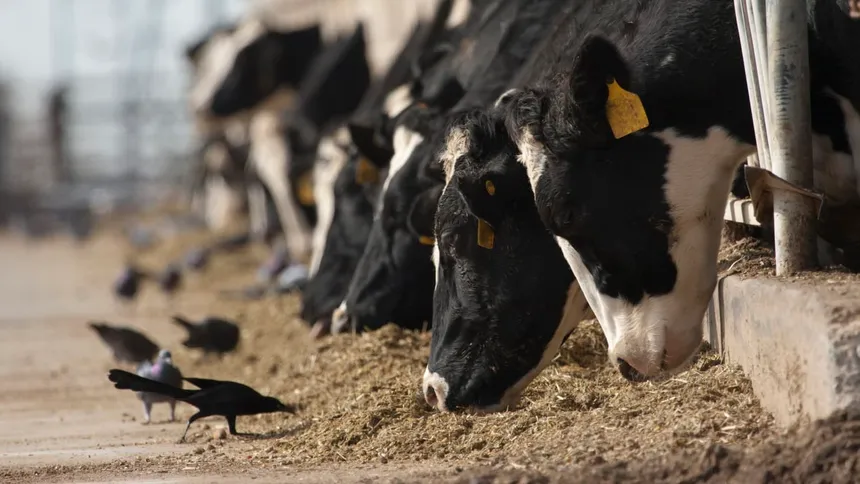As officials continue to track the spread of H5N1, one of the most deadly forms of bird flu, a heatwave in Colorado may have played a crucial role in the recent outbreak among poultry workers. A cluster of human cases has been reported, with four workers testing positive for the virus and a fifth case expected to be confirmed.
The outbreak is linked to a large-scale poultry farm where workers were culling infected chickens. The farm’s owners and employees were required to wear personal protective equipment, but the extreme heat made it difficult for the gear to work effectively. Temperatures reached 104°F (40°C) outside, with conditions even hotter inside the chicken houses.
Dr. Julie Gauthier, from the Animal and Plant Health Inspection Service at the US Department of Agriculture, described the culling process as “manual, difficult, and laborious.” Workers went “bird by bird,” catching and killing infected chickens with carbon dioxide gas. The process can be dangerous, particularly in close quarters with animals infected with bird flu, which has a mortality rate of about 50% among people.
The virus can spread quickly, and officials are working to contain the outbreak. Poultry workers are required to wear Tyvek suits, N95 respirators, goggles, boots, and gloves while handling infected chickens. The US Centers for Disease Control and Prevention (CDC) has dispatched a team of 10 experts, including an industrial hygienist, to work on procedures to reduce exposure risks for the workers.
The outbreak is a reminder of the importance of understanding the connection between climate change and human health. Climate change can amplify outbreaks of deadly diseases like bird flu, and it can also create new conditions that allow the virus to spread more easily.

Dr. Jean-Pierre Vaillancourt, a professor of veterinary medicine at the University of Montreal, explained that unusual climate events can disrupt migratory patterns and other human and animal behaviors, creating new avenues of risk. “It’s not just the extreme heat. It’s the fact that you have unusual climate events… It may disrupt usual migratory patterns” and other behaviors, he said.
The CDC has not changed its risk assessment for the general public or its policies for addressing the farm outbreaks. Vaccines for cows are also being studied, with officials hoping to eliminate the disease from dairy herds.
The recent outbreak serves as a reminder of the need for officials to consider climate change in their responses to and prevention of viral outbreaks. As Dr. Alexandra Phelan, an associate professor at Johns Hopkins Bloomberg School of Public Health, emphasized, “Across all areas, governments need to actively and urgently incorporate climate considerations into all health and safety measures more than simply at the surface level.”

